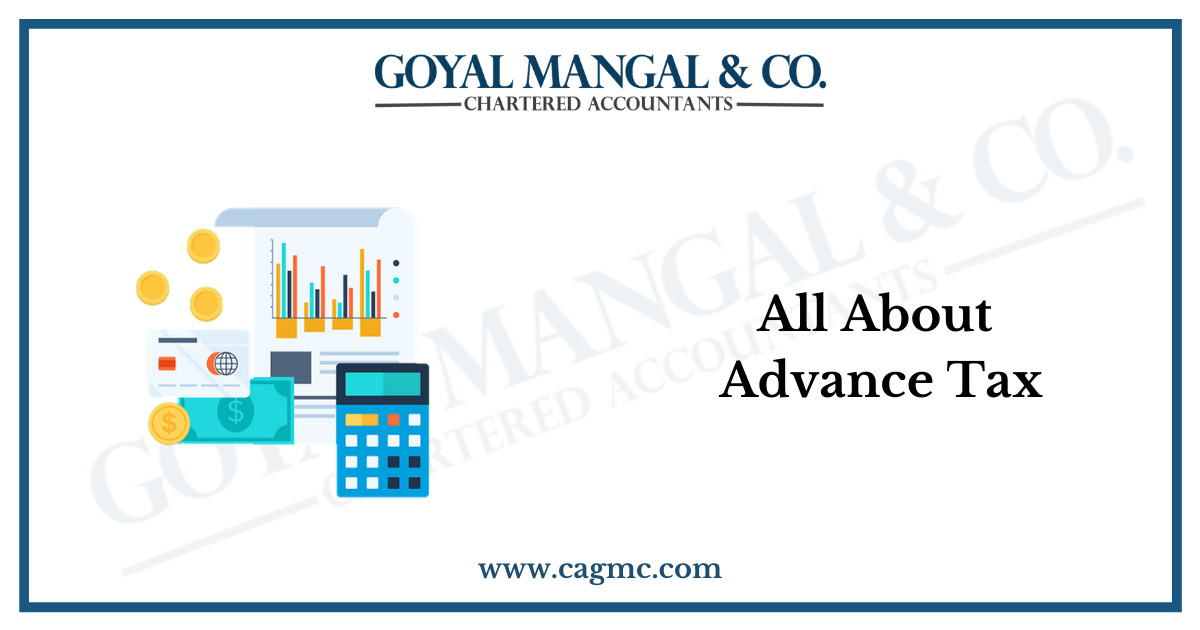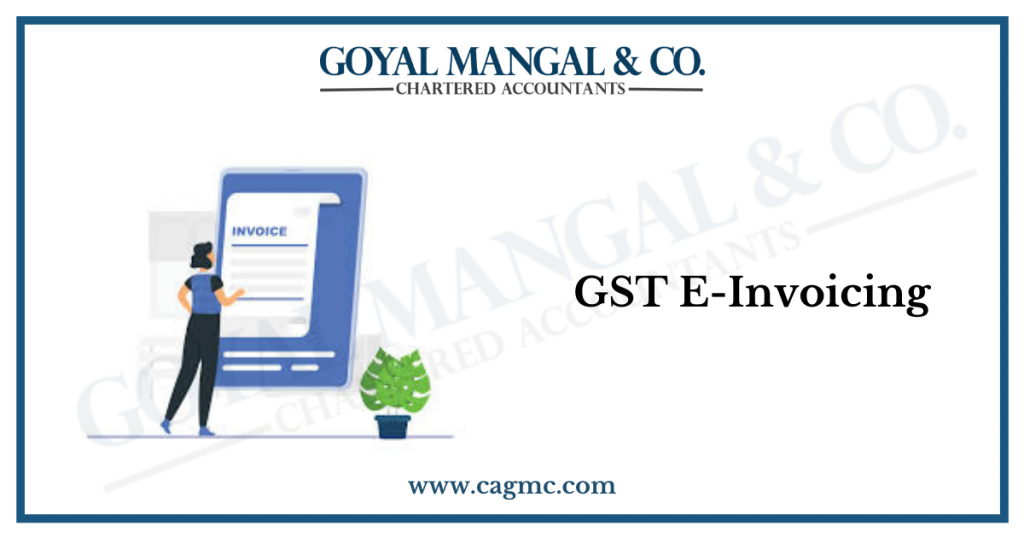| Table of Content |
Advance tax is a form of income tax that an individual requires to pay before the end of financial year in case your tax liability exceeds INR 10,000 for a particular financial year.

Who is required to file?
A person having income other than salary is requires to pay advance tax For instance, if an assessee earns income during Financial year via capital gains on shares, interest on fixed deposits, winnings from lottery or races, and capital gains on house property besides his regular business/salaried income, then he needs to pay advance tax on all income after adjusting expenses or losses. Advance tax is paid on income that is not subject to TDS.
Since TDS has been deducted on salary by the employer hence individual having income in form of salary does not require to pay advance tax.
Payment of Advance tax
Case I: Self-employed and businessmen
| Due date of installment | Amount payable |
| On or before 15 September | Not less than 30% of the advance tax liability |
| On or before 15 December | Not less than 60% of the advance tax liability |
| On or before 15 March | 100% of the advance tax liability |
Case II: Companies
| Due date of installment | Amount payable |
| On or before 15 June | Not less than 15% of the advance tax liability |
| On or before 15 September | Not less than 45% of the advance tax liability |
| On or before 15 December | Not less than 75% of the advance tax liability |
| On or before 15 March | 100% of the advance tax liability |
How to file Advance Tax
Individuals may pay advance tax using tax payment challans at bank branches authorized by the Income Tax (IT) Department. It can be deposited with the Reserve Bank of India, State Bank of India, ICICI Bank, HDFC Bank, Indian Overseas Bank, Indian Bank, Allahabad Bank, Syndicate Bank, Axis Bank, Punjab National Bank, Punjab & Sind Bank, and other authorized banks. There are up to 926 branches in India that accept advance tax payments. Individuals may also pay it online through the IT department or the National Securities Depository Ltd (NSDL)
Penalty or late fee
Penalty is imposed for non-payment of advance tax on the scheduled time mentioned above. This penalty is paid along with the taxes due before income tax return filing.
Section 234B of Income Tax Act (Interest for non-payment of Advance Tax): If 90% of the tax due is not paid by the financial year end, interest @ 1% is charged.
Section 234C of Income Tax Act (Interest for Deferred Payment of Advance Tax): If the tax is not paid as per the schedule given above, interest @ 1% per month is charged.
Refund in case advance tax paid is more than required
If the amount paid as advance tax is higher than the total tax liability, the assessee will receive the excess amount as a refund. Interest 0.5% every month i.e.6% per annum from the first day of April of the assessment year to the date on which the refund is granted, is paid to the assessee on the excess amount (if the amount is more than 10% of the tax liability).


